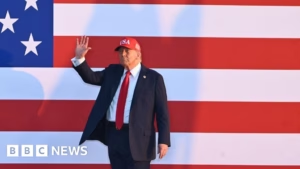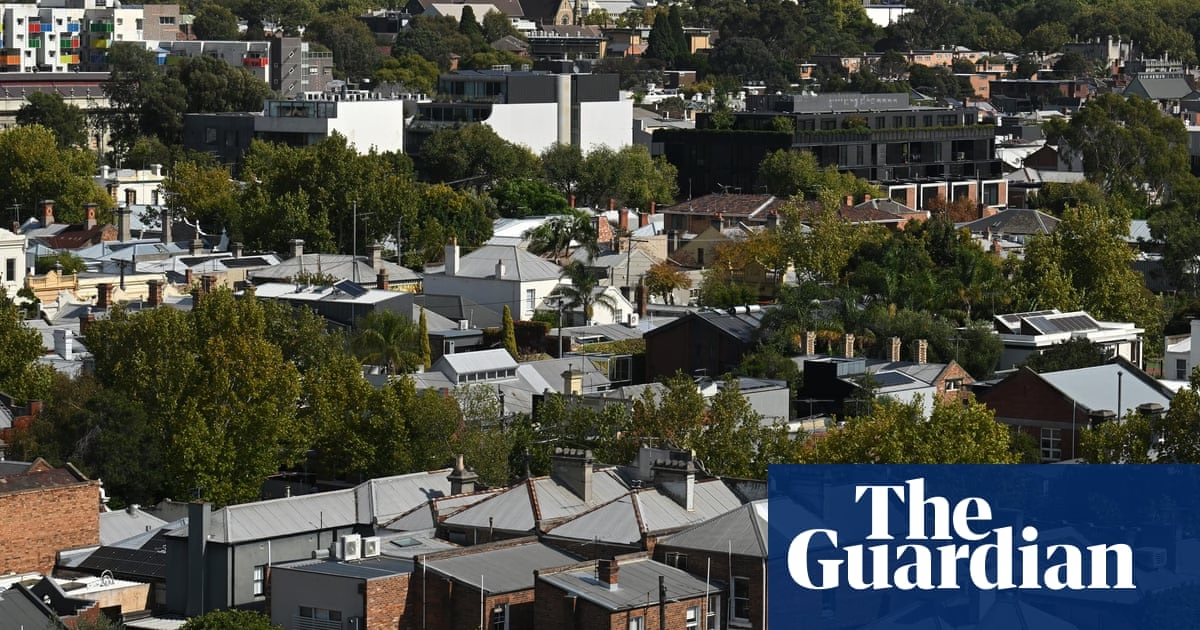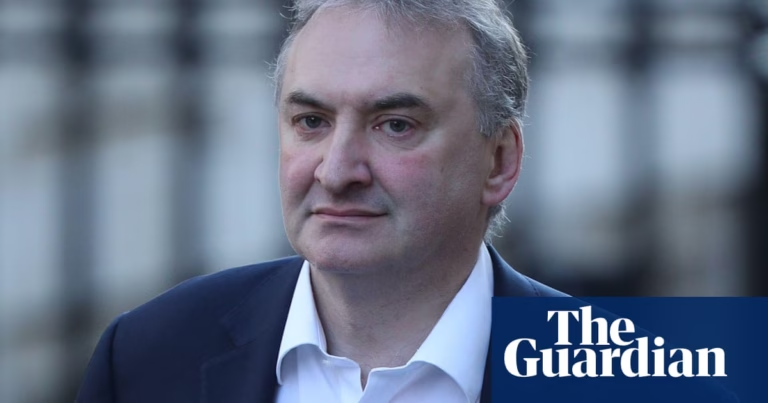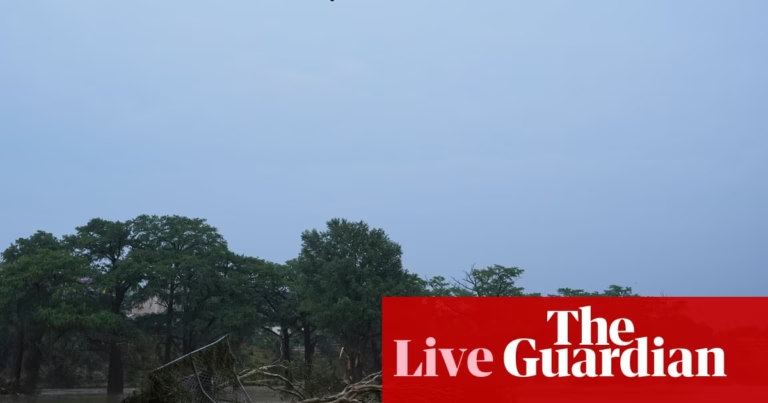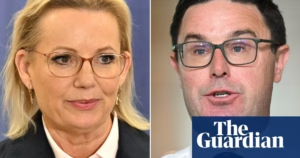The Reserve Bank has decreased the cash interest rate by 0.25% to 3.85%, a move intended to alleviate the financial strain on Australian mortgage holders facing increased living costs and higher interest rates. This rate cut, the second one in the year, appears to signal that the Reserve Bank believes inflation is under control and sees no necessity for interest rates to remain above 4% to regulate household expenditures.
Economists interpret this move as a response to heightened global economic policy uncertainty, triggered by Donald Trump’s tariffs, which have not only unsettled consumers and businesses but also raised the specter of a prolonged trade conflict. The Reserve Bank’s latest monetary policy statement acknowledges that this increased uncertainty could lead to higher precautionary savings among households and delayed investment decisions in businesses.
The broader economic outlook for Australia has become less optimistic in the recent months, which has contributed to downward pressure on interest rates. Employment growth is expected to decelerate more than initially forecast, and private sector wage growth will stabilize at a lower rate than previously predicted.
While the 0.25% rate cut was broadly expected, some had predicted a larger 0.5% reduction or no cut. The decision was bolstered by recent consumer price index data, which showed that a critical measure of inflation dropped below 3% for the first time in three years. Although a robust jobs market and reduced global tensions tempered calls for more aggressive rate cuts, the drop in borrowing rates is likely to stimulate home-buying, with mortgaged households standing to save an additional $114 a week for a $750,000 loan, as reported by Canstar.
Despite the potential for increased home-buyer activity, economists remain skeptical about the emergence of a property market boom, citing concerns over affordability. The Reserve Bank’s focus has shifted from purely domestic factors to the impact of global trade deterioration caused by Trump’s tariffs, even simulating a scenario of an escalating “trade war” that could significantly hike unemployment in Australia, necessitating more aggressive rate cuts to stimulate economic growth.
Source: https://www.theguardian.com/australia-news/2025/may/20/rba-interest-rates-reserve-bank-australia-cash-rate-meeting


